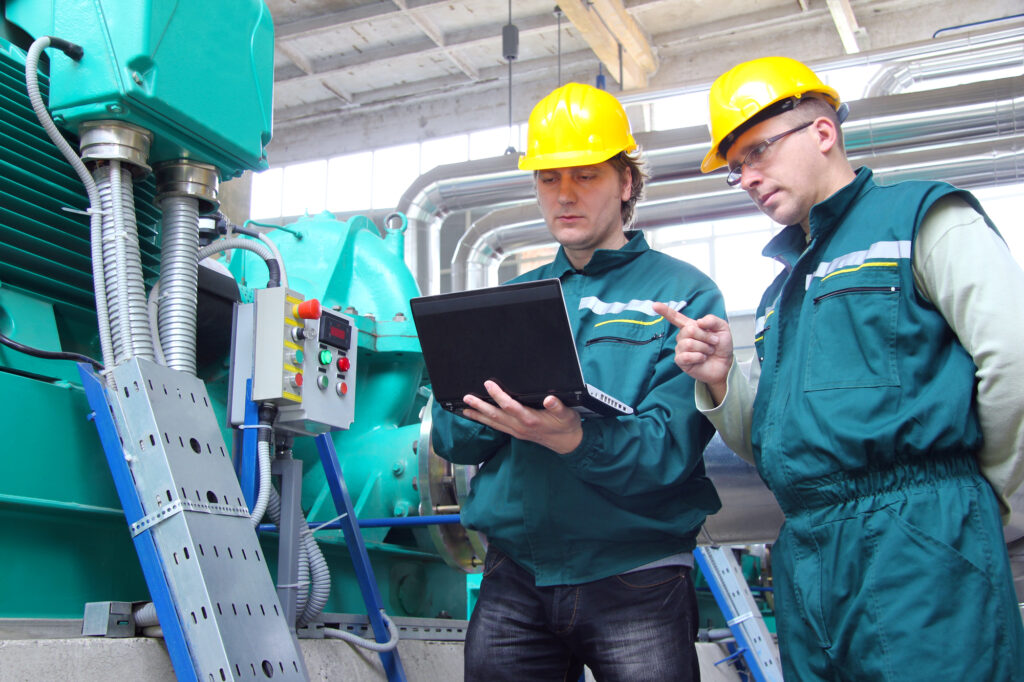We define manufacturing as converting raw material into tangible products. A series of steps where human resources and machines convert raw materials into finished goods. Production relates to the transformation of inputs into outputs with added value. The function of production is to convert resources to finished goods to address a need or want. In other words, converting cotton into cloth would be manufacturing, and cloth into dresses would be production.
Although there are some differences between manufacturing and production, the software functionalities required to run these businesses are similar. So, when evaluating software solutions it is essential to identify specific requirements while also managing a crucial part of any business; accounting.
Below are four differences between manufacturing and production the challenges they both face:
|
Manufacturing |
Production
|
Challenges |
| Labour and machinery required | Typically, only labour is required | Manual Processes |
| Producing goods from raw materials | Converting into finished goods | Lack of Inventory Control |
| Producing goods that can be suitable for use | Creation of utility from goods | Quality Assurance Validation |
| Tangible output | Output could be a product or service | Rigid invoicing options |
Manual Processes
in the manufacturing and production space can be considered necessary, but today we see manual processes as “old school.” A mix of manual labour and machine-operated tasks exists yet we still see paper processes and manual data. These methods leave room for risks, mistakes, and errors. Automated systems create better workflow and can free up valuable resources. One example is in reports. Manually gathering data, exporting to different spreadsheets, and manipulating to achieve the desired report can be an arduous task. One improvement in this area is easy access to data. The solution is having immediate access to data that is important to your role. The result is better decision-making, thereby helping to increase production effectiveness.
Lack of Inventory Control
on the shop floor or production line can have negative effects on your business and when we cannot be sure of our inventory levels, a chaotic environment exists. When capturing production or shop floor activities in a digitized manner your business can ensure smooth manufacturing and production spaces. For instance, when your inventory aligns with your processes, the more visibility, and control you gain.
Compliance
is an important part of many manufacturing and production businesses. Serialized and Lot Tracking capabilities are a must in many circumstances. Lot traceability for consumable products is essential and also required by Health Canada and other federal regulators. Serialized tracking is crucial for parts, whether it’s for monitoring, servicing, replacing, or other reasons.
Capturing customer requirements is also important. Keeping proper documentation can be a challenging part of being able to prove compliance. For example, systems can sometimes make it hard to track documentation throughout the manufacturing or production cycles. This results in forcing businesses to keep essential documents filed outside the software. Therefore, when we have software that makes it easy to attach documentation by jobs, phases, transactions, customers, or vendors you can digitally measure quality during production. The ability to provide documented proof at a click of a mouse offers an advantage in your quality assurance process.
Rigid Invoicing Options
can delay the order process and make the accounting part more complex. Custom orders often require flexibility because providing long and detailed item descriptions on an invoice while tracking production is needed. In some systems, invoicing a portion of a project is not always easy either. One of the many needs for manufacturing and production companies is to track raw materials, purchases, and labour costs from start to finish. A system that fully integrates General Ledger and AP, AR sub-ledgers with full vendor and customer history, offers the ideal solution.
Spire is a business management software with a robust production module designed to address the needs of manufacturing and production businesses. Spire offers simplified production planning, efficient inventory management, improved costing, and integrated accounting. With Spire, you have a better insight into your data compared to what most other mid-market ERP systems provide.
To learn more about how Spire can help your manufacturing and production business, contact us today. We will provide a free consultation and demonstration to show you why our Spire clients are happy.



